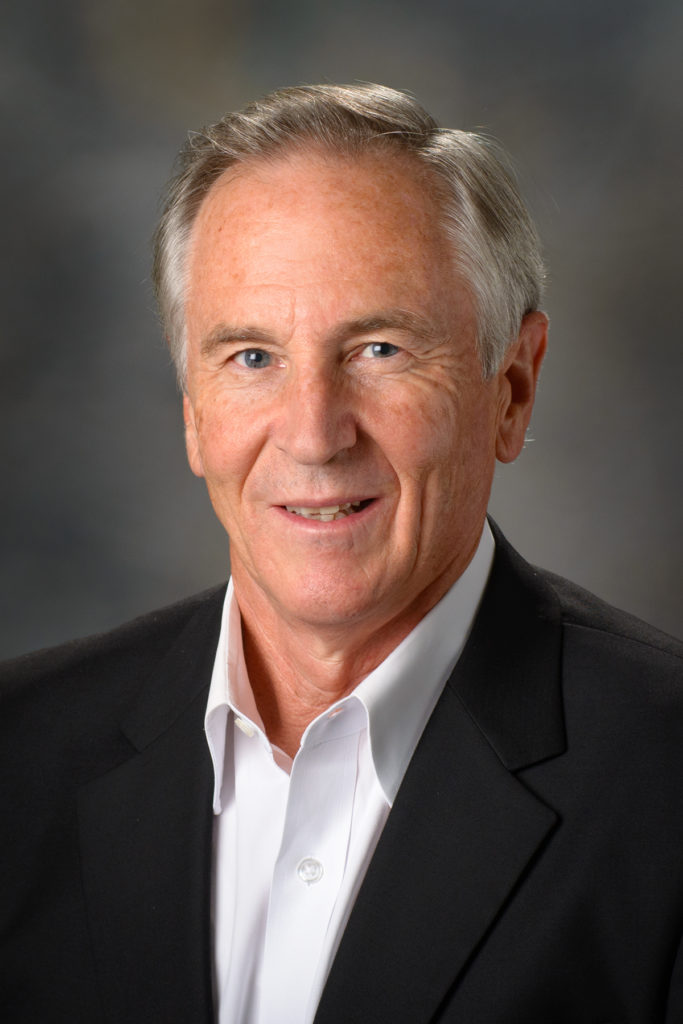We are happy to introduce the second of our three new board members.
 Warren Holleman, PhD has experienced a number of achievements during his career — Harvard graduate, ethics fellowship, faculty member, professor, program director. Yet the highlight of his career revolves around storytelling, a love originating from his rural North Carolina roots, with professional accomplishments that include TEDxUHouston talk and winning the MOTH StorySLAM his first year out.
Warren Holleman, PhD has experienced a number of achievements during his career — Harvard graduate, ethics fellowship, faculty member, professor, program director. Yet the highlight of his career revolves around storytelling, a love originating from his rural North Carolina roots, with professional accomplishments that include TEDxUHouston talk and winning the MOTH StorySLAM his first year out.
The story that brings him to HRC begins here.
“My life changed when I visited SEARCH Homeless Services as a young faculty member and began listening to the stories of clients and their challenges for access to health care,” says Holleman.
That experience translated into Holleman ultimately starting two community health clinics for Houston’s homeless – at SEARCH and Star of Hope. Today, he’s one of our newest board members bringing his fascinating background, compassion, and experience to our organization.
Making Connections
When Holleman toured the sobering center for the first time, he noticed a big part of the staff’s job was to make connections and build trust with the client in hopes it would eventually lead to interest in entering a recovery program.
“That was our philosophy 30 years ago at SEARCH Homeless Services medical clinic for street homeless,” Holleman relates. “We wanted every homeless person in Houston, who was interested in coming to our clinic, to not only show up but also realize a doctor knew their name, the staff knew their name, and they were glad they came. The Cheers theme song was our motto!”
That’s not what they experienced in other places, he said. Once trust was built with them at the clinic, they were interested in recovery or counseling, and they opened up. But he admitted it took time after living on the streets for a while.
In the last few months a positive turn of events happened, according to Holleman. Society has become increasingly open to the idea of decriminalizing activity related to behavioral health normally handled by the police.
“I think there’s a climate now of developing programs like the sobering center and have problems addressed by experts in the field rather than dumping everything on the police,” he states. “I think it’s good for police and behavioral health professionals because it lets each do what they’re good at.”
He believes it’s also good for people with alcohol and other drug problems because it keeps them from getting labeled as a criminal. It’s just common sense, he says.
Holding their Hand
Holleman taught medical ethics at Baylor College of Medicine, which was mostly theoretical and philosophical. During his fellowship, ethicists were brought into a patient’s room to decide if treatment should continue or be terminated.
“I felt like we were having a debate about the definition of death when what they really needed was someone to hold their hand,” Holleman relates. “The need is for comfort and connection. So when I became a family therapist I was able to do that.”
Holleman went back to school at night to become a marriage/family therapist while he continued teaching medical ethics. He wanted the clinical skills to help patients directly with their problems, which he noticed was a need at SEARCH clinic.
He began serving as counselor at the clinic several days a week once he completed his training, alongside his faculty commitments, and was so thankful he made that change.
Telling Stories
Holleman thrives on storytelling, which is part of his DNA growing up in a North Carolina rural farming community where the older generation sat around telling stories.
Until recently, Holleman said it wasn’t considered acceptable to tell stories in the medical field. The main form of communication in his healthcare career was through PowerPoint lectures, which is a useful method, he admits, because you can share data.
“I always felt I didn’t really find my voice during my career,” Holleman relates. “So the last few years I decided I’m going to (tell stories) anyway. You miss out on some of the data, but you’re better able to capture the full story: drama, emotion, conflict and struggles.”
Living Out His Dream
Now that he’s retired, Holleman says he can do what he wants. He’s taking the time to write down some of his stories and tell them to anyone who will listen. He also writes plays, co-hosts a radio show (“So, What’s Your Story?) on 90.1 KPFT, and writes articles and tells stories about the history of his North Carolina hometown.
An NPR program called The Moth Radio Hour featuring live storytelling inspired this new trajectory. He attended his first Moth StorySLAM in 2013 and won the competition. His love for storytelling earned him a spot at TEDxUHouston called “The Power of Personal Stories.” He also started a personal blog, called Work Well. Be Well focusing on career, family, and health.
Holleman is thrilled to be on the Houston Recovery Center Board and looking forward to learning more. He will have no trouble jumping right in since many faces are familiar from his work in the recovery community and at Star of Hope where he worked with fellow HRC Board member Betty Nunnally since the late ’90s.
“I feel like this is family,” he remarks.